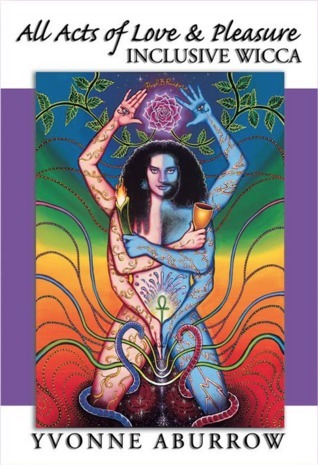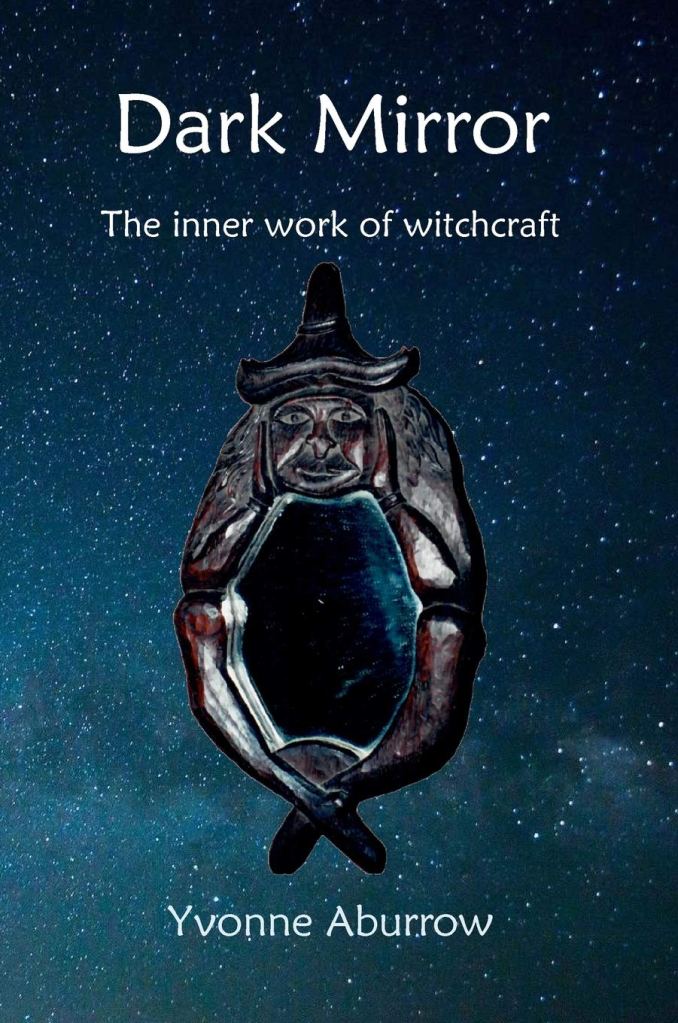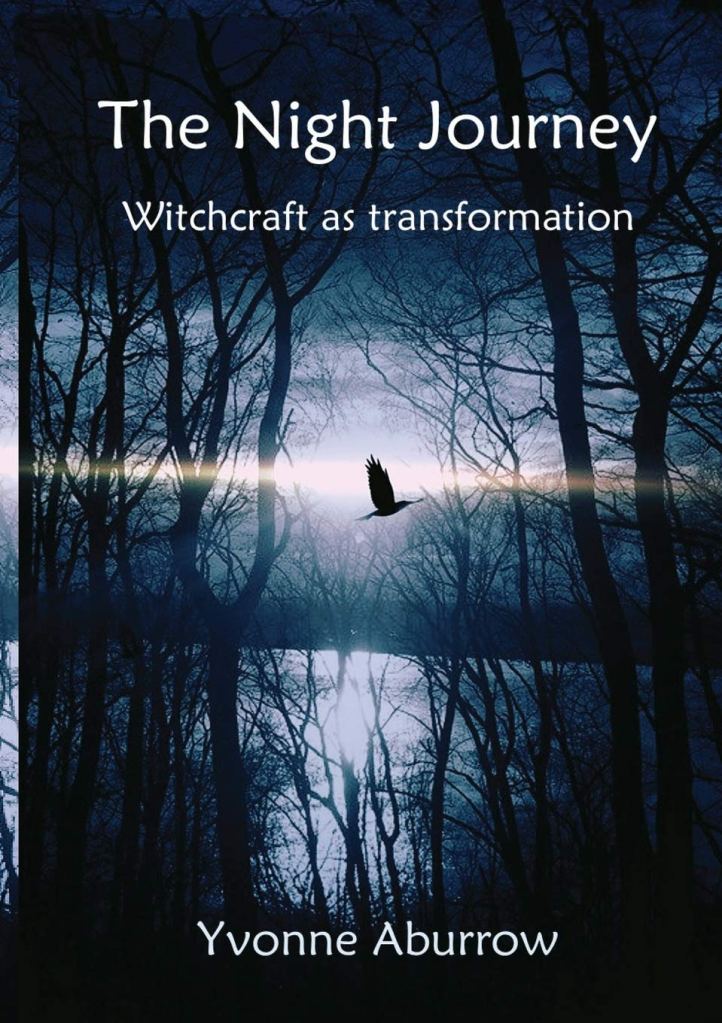Pagans don’t have a holy book with commandments from a deity. We tend to derive our ethics from reasoning about the world around us. We cultivate virtues rather than following commandments.
But we also have a specifically and recognisably Pagan response to the world.
Teo Bishop writes, “I have always believed that the stories you tell about the gods you worship need to be relevant in the world you live in. They must be more than just stories. They must have application.” He goes on to say that “the intersection of the myth and the meaning is where morality is born”.
My comment on this was,
I think the foundation of Pagan ethics is the idea that everything is sacred, because the Divine is / deities are immanent in everything.
The stories and mythologies that we share illustrate the idea of deities and spirits being involved in the world, and of people taking care of each other and of animals and plants. These are the illustrations of that basic insight.
If you believe that the physical universe is an embodiment of the Divine, and life is something to be celebrated, then your mythology, and your ethics, will flow from that.
Each Pagan story, myth, and legend will reinforce the view that everything is sacred, but the stories are not necessarily the source of that insight. Rather the insight rests in our emotional response to the world around us, a sense of being in right relationship with it when we treat it as a Thou and not an It.
Ethics versus morality
I have always felt that ethics are a bottom-up approach to behaviour, where your ethical choices spring from your ethos, whereas morality was a top-down approach, where morals were arbitrarily imposed from above by a deity. (The dictionary definition of morals and ethics does not bear out this distinction, but I still find it useful.)
Some traditions may derive their ethics from the traditional body of lore of a particular culture. This wisdom from the past, embedded as it was in experience and an ethic of responsibility towards other beings, is an excellent source of ethical guidance. Have a look at these Irish triads and Scottish proverbs, which are full of wisdom.
My criterion for deciding whether anything is right or not is, “does it harm anyone?” Of course it is impossible to completely avoid harm, but we can and should reduce the harm caused by our actions. I also draw on the Eight Wiccan Virtues as a guide to how to act.
If you enjoyed this post, you might like my books.



How are the competing priorities of human civilisation, personal liberty and ecological stewardship to be reconciled? Is there a unique standard which can be employed to balance them and reach a useful path forward? I suspect there is.
I propose that the universal metric of ethical consideration should be the level of organised complexity inherent in an entity. If we accept this, it opens a path to balancing the competing claims of ecology, economy and social values in the same scale, so to speak, and we can begin to see some unity where previously there was irreducible incompatibility. The values of the counter-modernist Romantic movement, from which so much of neopaganism derives its inspiration can be seen as an appreciation of the inherent ethical value of the organised complexity of nature, whereas the admirations of the growing organised complexity of scientific knowledge and advanced economic organisation are also now seen to be at root an appreciation of the same phenomena, although projected onto a different medium. This gives me hope that modern neopaganism, in spite of it’s sometimes-perceived anti-modern outlook, actually contains the seeds of a grand reconciliation of these two vital themes, and a potential foundation for a rational path forward which can be embraced by all.
LikeLike
I really like this idea. We could combine it with my idea of immanence as the source of value, so that every being gets valued for having immanence, but gets more rights on the grounds of more complexity.
LikeLike